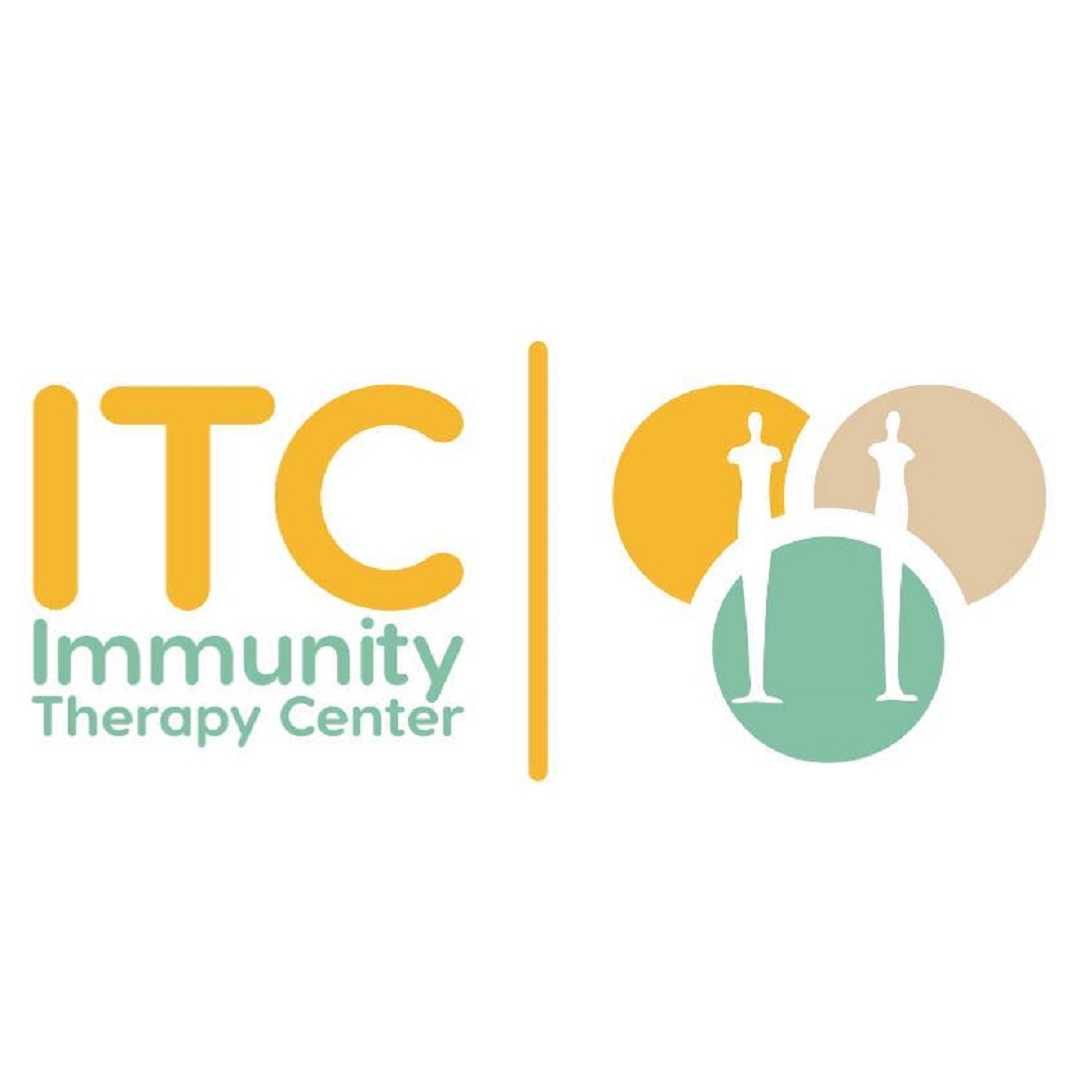
Are you looking for the best countries for autism treatment? Many families search the world for the right help for their loved ones and children. This guide looks at 10 top places known for good autism support: the United States, Canada, Australia, Mexico, India, Germany, Austria, Colombia, Thailand, and Ukraine. We will explain why these countries are often chosen and what important things families need to think about before deciding. (Note: Please check the current situation carefully before considering travel to Ukraine due to the ongoing conflict.)
Why Country Selection is Crucial for Autism Care
The choice of country significantly impacts access to and quality of autism treatment. National contexts differ vastly in several key areas. Access to specialized services, including core therapies like Applied Behavior Analysis (ABA), Speech and Language Therapy (SLT), and Occupational Therapy (OT), varies greatly. Furthermore, the robustness of early intervention systems is critical. Some nations have public health frameworks prioritizing early diagnosis and access to interventions, crucial for long-term positive outcomes. Others may have significant delays or rely on private routes.
The quality of the healthcare infrastructure and the concentration of professional expertise also play a major role. Some countries are hubs for autism research and boast experienced specialists, while others may have fewer resources. Funding mechanisms are another crucial differentiator. Government support systems, such as Australia's NDIS or provisions within the UK's NHS, can make care more affordable compared to systems relying predominantly on private payments, like in the US. Finally, the degree of integrated support across health, education, and social services, including inclusive schooling options, is vital but inconsistent globally.
Essential Factors for Evaluating Potential Countries
When comparing destinations for autism treatment, a focused evaluation is necessary. You should assess the availability and quality of therapies, ensuring access to evidence-based practices like ABA, SLT, and OT, and verifying therapist qualifications and regulatory standards. Consider the expertise of available specialists—look for highly qualified professionals with experience relevant to the individual's specific age and needs, noting that connections to research institutions often indicate access to current approaches.
Understanding the healthcare system and funding is essential. Investigate access pathways (public vs. private), typical costs, potential wait times, and any financial support or insurance compatibility for non-residents. Evaluate the broader support structures, including educational inclusion policies and community resources like support groups and respite care. The country's involvement in research and innovation might also be a factor. Lastly, factor in practicalities such as language barriers, cultural adaptation challenges, visa requirements, and the logistics of relocation or extended stays.
10 Leading Countries for Autism Treatment in the World
While the ideal country depends on individual circumstances, these 10 countries are frequently recognized for strong autism care systems or notable offerings, including emerging treatment options.
1. United States
The US is a global leader in autism research with an extensive network of specialized treatment centers. ABA therapy is widely available and often insurance-funded for residents, alongside accessible SLT and OT. Top research institutions continuously advance understanding. However, treatment costs can be exceptionally high, navigating the insurance system is complex, and service quality varies significantly by state.
2. Canada
Canada offers high-quality public healthcare supporting diagnostics and some therapies (varying by province), with a strong focus on inclusive education in mainstream schools. A range of services like ABA, SLT, and OT are available publicly and privately, backed by active research. Potential drawbacks include wait times for public services and significant provincial differences in funding and service levels.
3. Australia
Australia employs a holistic approach significantly supported by the National Disability Insurance Scheme (NDIS). Eligible residents receive substantial funding for therapies (ABA, OT, SLT), technology, and support workers, offering choice and control. The system emphasizes early intervention and evidence-based care, guided by a National Autism Strategy. Navigating the NDIS can be complex, eligibility requires residency, and therapist access varies geographically.
4. Mexico
Mexico is increasingly recognized as a top destination, offering specialized centers with experienced professionals at a more affordable cost than many Western nations. Standard therapies like speech and occupational therapy are available, sometimes alongside alternative approaches or innovative treatments like stem cell therapy for autism in Mexico. Its proximity to the US is a practical advantage for North American families. Quality can vary, so thorough provider research is essential.
5. India
India provides quality autism care with an integrative approach, combining modern medicine with traditional practices like yoga and Ayurveda. It boasts skilled professionals, collaborative treatment planning, and significant cost savings compared to Western countries. Efforts towards inclusive education are growing, and India is active in research, including exploring stem cell therapy. Families should research providers carefully, as quality standards can vary, and prepare for cultural adaptation.
6. Germany
A leading European nation, Germany features a well-organized healthcare system ensuring high standards for autism treatment. It offers quality ABA, SLT, and sensory integration therapies, often integrated with educational support and strong research links. Germany's advanced medical infrastructure supports diverse therapeutic approaches. However, German language proficiency may be needed, and understanding the health insurance system is key.
7. Austria
Austria stands out for its strong research background and high-quality healthcare system. It utilizes innovative techniques, potentially including neurofeedback, alongside established therapies. Austria emphasizes a holistic approach, incorporating nutritional planning and exercise to improve overall well-being, ensuring comprehensive care for individuals with autism.
8. Colombia
Colombia is emerging as a cost-effective destination, particularly noted for offering newer treatments like stem cell therapy at competitive prices. The country features improving infrastructure for autism care, an increasing number of specialized professionals, and a welcoming culture. As with many destinations offering emerging therapies, verifying clinic credentials and understanding the specifics of the treatments offered is crucial.
9. Thailand
Thailand is a popular medical tourism hub with modern, well-equipped clinics offering affordable, quality autism care. Thai doctors are experienced, some specializing in newer treatments like stem cell therapy alongside standard interventions like speech and behavioral support. Clinics often provide comprehensive support packages, making it an attractive option for international families.
10. Ukraine
Ukraine has been recognized (as of 2023 sources) as a destination offering specialized autism treatments, including stem cell therapy, often at competitive European prices. Disclaimer: Information regarding Ukraine is based on sources from 2023. Due to the ongoing conflict, current access to healthcare services, safety, travel conditions, and the availability of specific treatments may be significantly impacted and require thorough verification through up-to-date, reliable sources before consideration.
A Note on Stem Cell Therapy
Several countries mentioned, particularly Mexico, Colombia, Thailand, and historically Ukraine, are noted in some sources for offering stem cell therapy for autism. This approach generally aims to reduce neuroinflammation and potentially repair neural connections. While some families report improvements in communication, social interaction, or behavior following treatment, it's crucial to understand that stem cell therapy for autism is widely considered experimental by major medical bodies. Research is ongoing, but conclusive evidence of effectiveness and long-term safety is still being established. Families considering this option should research extensively, consult with multiple medical experts, understand the specific protocols used, and have realistic expectations regarding outcomes and potential risks.
Practicalities of Seeking Autism Treatment Abroad
Traveling internationally for autism care involves significant planning. Overcoming potential language and cultural barriers is essential for effective communication and comfortable living. Families must learn to navigate unfamiliar healthcare systems, including appointment scheduling, payment (often out-of-pocket), and quality verification. Comprehensive budgeting is vital, covering travel, visas, long-term housing, daily expenses, and the full cost of therapy, which can be lengthy. Finally, ensuring continuity of care by planning transitions back home and coordinating between international and local providers is crucial for maintaining progress.
Frequently Asked Questions (FAQs)
Q: What are the most scientifically supported therapies for autism?
A: Evidence strongly supports therapies like Applied Behavior Analysis (ABA) for skill acquisition and behavior management, Speech and Language Therapy (SLT) for communication, and Occupational Therapy (OT) for sensory and motor skills. Early intensive behavioral intervention (often ABA-based) shows significant positive outcomes. Always prioritize individualized, evidence-based approaches.
Q: What is the general cost range for autism therapy internationally?
A: Costs differ vastly. ABA might range from $20-$50/hour in India or Mexico to $150+/hour in the US. Public systems (Canada) may offer services with waits, while NDIS (Australia) provides funding packages (avg. AUD $16k-$33k+/year) for residents. Experimental therapies like stem cells typically range from $7,000-$20,000+ per cycle in destinations like Mexico or Colombia, excluding travel. Obtain specific quotes.
Q: Why is early intervention emphasized so much?
A: The brain's plasticity is highest in early childhood. Starting targeted therapies during this period allows individuals to learn foundational communication, social, and adaptive skills more effectively, significantly improving long-term developmental trajectories by leveraging this critical window for learning.
Q: What support exists for families pursuing treatment abroad?
A: Support varies. Some clinics offer logistical aid. Medical tourism facilitators like PlacidWay specialize in connecting patients with providers and managing arrangements. Online forums and expat groups can offer peer advice. Families should anticipate needing significant self-reliance.
Q: What duration of stay is needed for effective international treatment?
A: It depends critically on the therapy. Comprehensive ABA requires long-term consistency (months to years). Intensive blocks of SLT or OT might need several weeks or months. Experimental treatments may involve shorter procedural visits but require follow-up. Discuss realistic timelines with providers.
Taking the Next Step in Your Search for Autism Care
Choosing the right place from the best countries for autism treatment really depends on what your family needs most. Our look at these countries shows that places like the US, Canada, and Australia have strong support systems and do a lot of research, but getting help there can cost a lot or be hard to access. Germany and Austria in Europe offer high-quality care and are linked to good science. Countries like Mexico, India, Colombia, and Thailand can cost less while still offering good care, sometimes including newer treatments like stem cell therapy (which needs careful research). Ukraine was also known for good options (check the current situation carefully). Remember to think about how good the therapy is, the total cost (including travel and living), what kind of support (like schools) is available, and the practical travel details. Finding the best path takes careful thought.
Contact PlacidWay today to discuss your options and receive personalized support for your international healthcare journey.




.jpg)


.png)





.png)



Share this listing